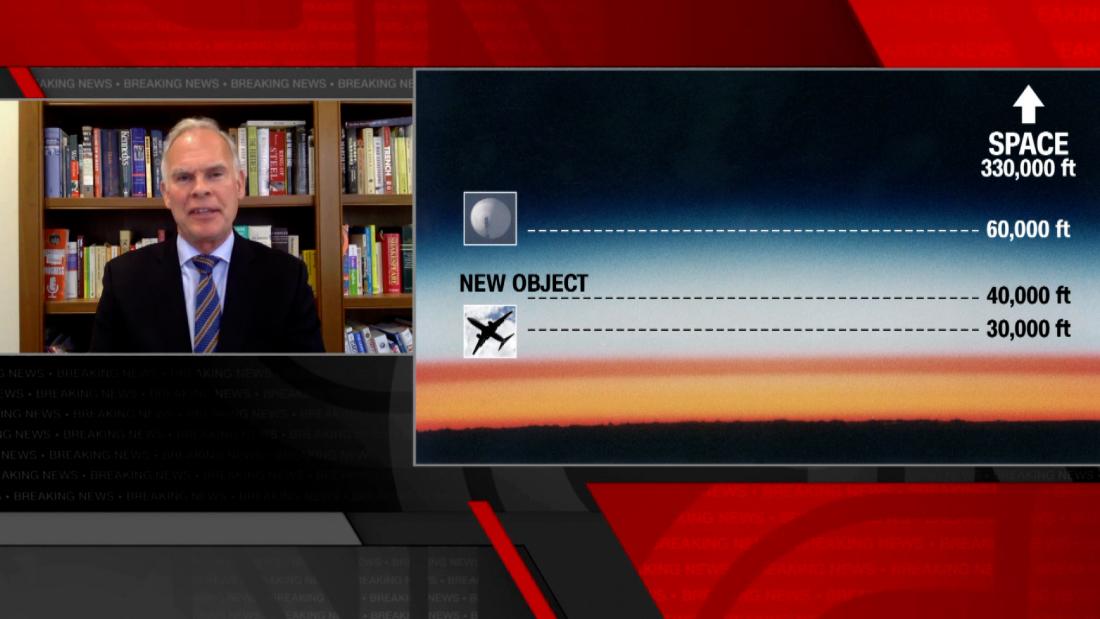Time to End Crack-Cocaine Disparity Once and For All: Police Group
Applying different penalties for crack and cocaine use is one of many ways in which the criminal justice system has given Black people a reason to avoid trusting police, the head of the Law Enforcement Action Partnership writes, in support of the EQUAL bill now before Congress. The bill will wipe the disparity from the books.

One of my duties as a police officer in California was enforcing drug laws. I joined the Redondo Beach Police Department on March 17, 1983 in the middle of the crack epidemic, so I thought I was doing important work keeping people safe when I arrested people for those offenses.
Like many Americans, I watched news reports stoking fear of “crack babies” with no future and cities being destroyed with violence. I now know that these stories calling crack uniquely dangerous were based on stigma and racism.
Crack and powder cocaine are virtually identical on a molecular level, but the former is culturally associated with people of color.
Of course, the media narrative wasn’t the only bad result from the stigma around crack. The epidemic infected our laws, too.
The Anti-Drug Abuse Act of 1986 punished federal criminal offenses involving crack cocaine 100 times harsher than offenses involving the same weight of powder cocaine. In 2010, the sentencing inequalities were reduced to a less harmful, but still unacceptable, 18:1 ratio — and only for new cases.
The First Step Act made the change retroactive. While this is progress, it is far from enough.
We have demonized crack, the people who use it, and especially the people who sell it. Because drug enforcement is heaviest in low-income communities and communities of color, people who live in these areas know this particular brand of demonization and wonder if the sentencing disparity was drafted to target Black families and communities.
Any police officer will tell you that community trust is an integral part of the job, but this is one of many ways in which the criminal justice system has given Black people a reason to avoid trusting police.
On the police side, that translates to fewer Black people talking to us and more unsolved homicides in the most vulnerable communities.
Ending the crack versus powder cocaine disparity would begin to acknowledge the arbitrariness and racial suspicion upon which excessive sentencing was originally created. People who were sentenced for crack offenses would be able to apply for sentencing reductions.
This will not undo the damage that’s already been done, but a formal Congressional acknowledgement provides a strong framework for reconciliation.
The proposal put forth in Senate Bill 79, the EQUAL Act, sits squarely in the political mainstream. The Law Enforcement Action Partnership supports it, as does the Major Cities Chiefs Association, which represents the police chiefs of the urban centers where crack hit communities the hardest.
The National District Attorneys Association (NDAA), which represents the voice of top local prosecutors nationwide, in both rural and urban jurisdictions, also publicly supports the EQUAL Act.

Diane Goldstein
As a law enforcement veteran, I wholeheartedly endorse this legislation.
There is simply no compelling reason to keep the crack-cocaine sentencing disparity on the books any longer.
Read also: The June 21 letter to Congress signed by members of the LEAP board
Lt. Diane Goldstein (Ret.) is a 21-year police veteran from Redondo Beach, Ca., and executive director of the Law Enforcement Action Partnership (LEAP), a nonprofit group of police and other criminal justice professionals who support evidence-based public safety policies.

 Landwebs
Landwebs 























